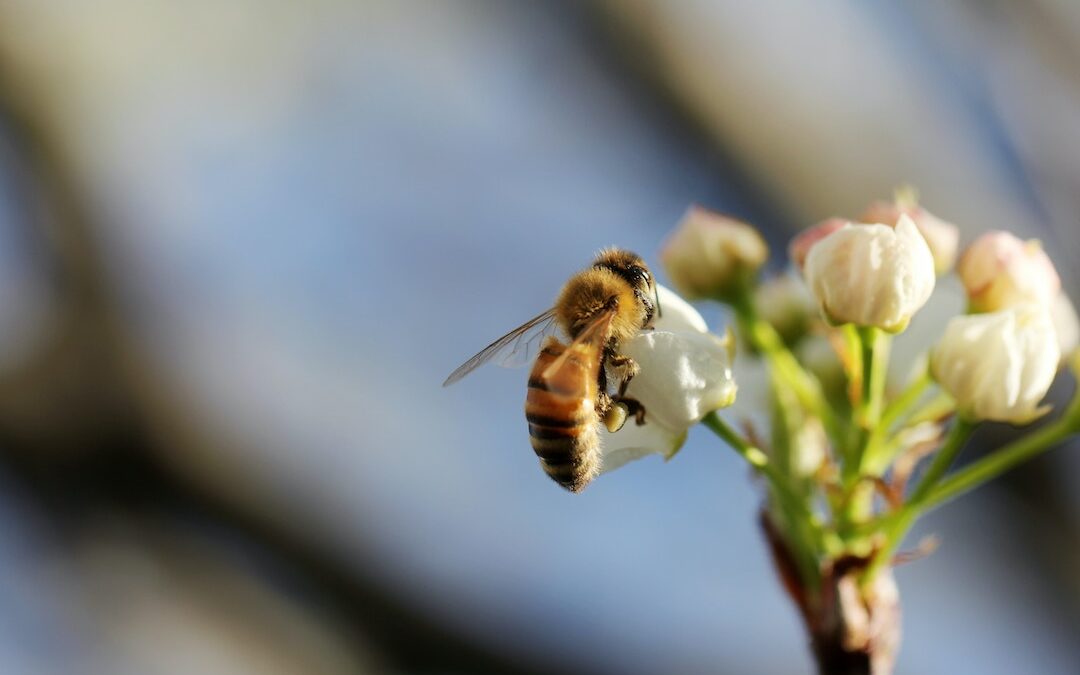Scientists believe a previously overlooked product could help generate new excitement in the honeybee industry.
For the first time ever, experts have identified 16 types of high-grade propolis, also known as ‘bee-glue’. This glue contains significant levels of antioxidants and other chemical properties that could result in a new nation-wide industry of food and health items. And it’s all thanks to our bees.

What is propolis?
Honeybees often use propolis to build their hives. It is a sticky substance made using beeswax, bee saliva and resin from the plants that the bees pollinate.
Typically, Aussie beekeepers have labelled this mixture as unhelpful. However, countries including Brazil, China and New Zealand have found a way to turn propolis into a useful product that contributes to both the food and cosmetics industries.

What did the team find?
The recent discovery of the power of propolis was made by Dr Trong Tran and Dr Peter Brooks from the University of the Sunshine Coast, along with their team. The project has been running for two years thanks to funding from Hive and Wellness Australia, as well as Capolano honey and AgriFutures Australia.
Amazingly, over the course of testing different propolis from hives across the country, the team found that the 16 Aussie samples had higher levels of antioxidant activity than many renowned international brands.
According to Dr Tran, “Established cosmeceutical industries add propolis to products intended to have both cosmetic and therapeutic benefits, such as mouth sprays, soap, toothpaste, dietary supplements and skincare creams.”
“In the food and beverage industry, propolis can be a preservative.”
With Australian propolis found to contain significant levels of important nutrients, this opens the door for producers to begin using it in their food and cosmetic products, creating a whole new industry.

Why is this important?
According to beekeepers around the country, these new findings could spark renewed interest in the honey industry. Currently, the Australian beekeeping industry is made up of 530,000 hives, contributing $14.2 billion to the economy every year. But if propolis can be harnessed and used, this will only grow.
Murray Arkadieff, a beekeeper working near Ipswich, believes introducing propolis into the national industry could have a great impact.
“This will help to further reinforce the exceptionally high quality of Australian honey and our hive products both in Australia and internationally,” he says.
This is a sentiment echoed by Dr Ben McKee, Chief Operating Officer at Hive and Wellness.
“At the moment, we only have small-scale propolis production, mainly in South Australia,” he said.
“More domestic harvesting would provide extra income for beekeepers and processors while reducing the reliance on imported propolis in manufacturing.
“This research could be a solid foundation to build a new industry across the country.”
In order to move forward, the team led by Dr Tran suggest tracing the plants from which the samples come. Australia has a great potential to produce high quality propolis thanks to its unique plant life, so learning more about our fauna can help the industry grow in the right direction.
To learn more about Australian honeybees, click here.

